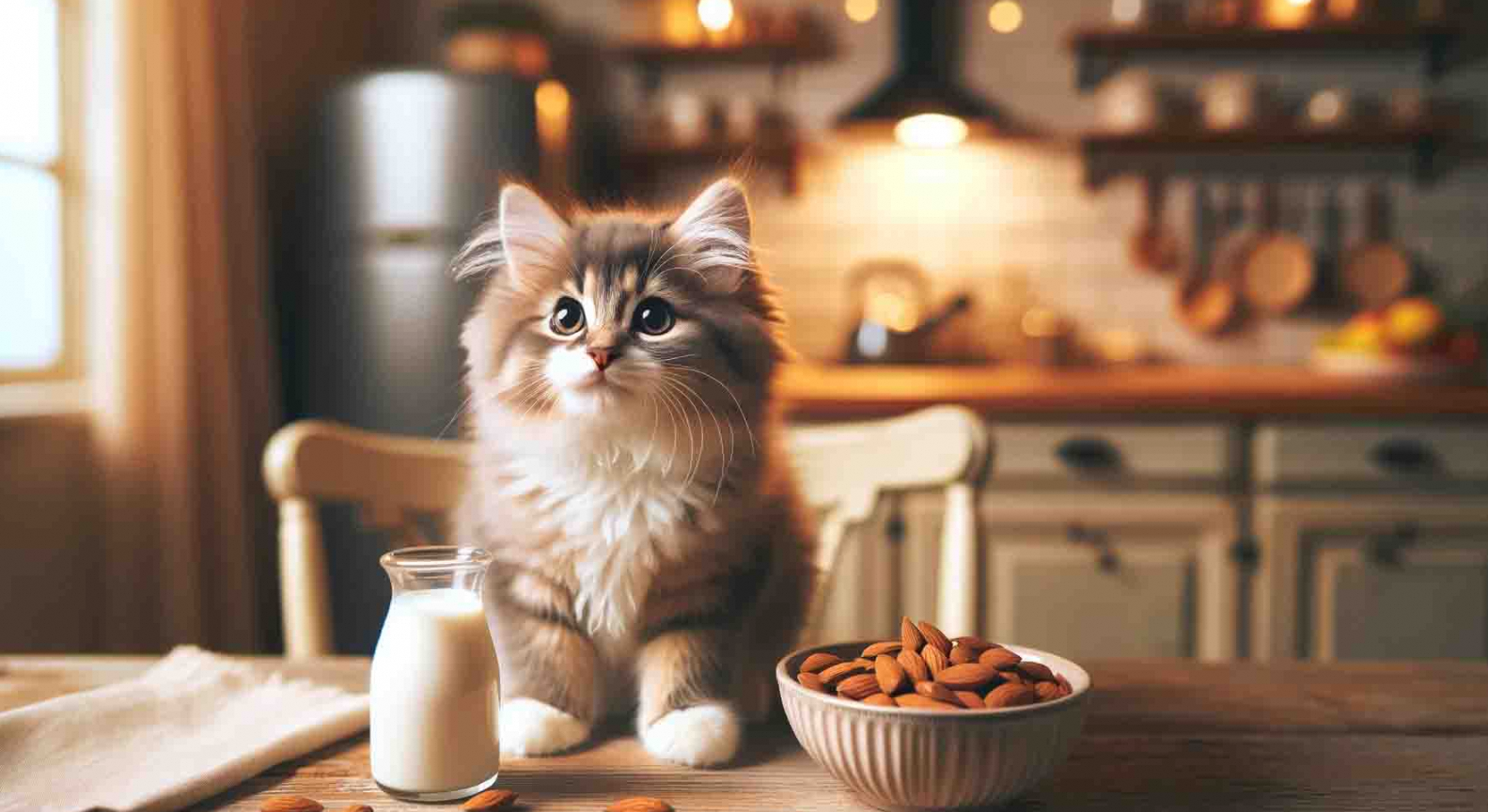As pet parents, we continually seek ways to pamper our feline friends, often extending to our dietary preferences. One particular question often arises: Can cats drink almond milk? In this article, we’ll explore the pros and cons of almond milk in a cat’s diet, offering practical advice to ensure the health and happiness of our whiskered companions.
In This Article
Understanding Cats’ Dietary Needs
As obligate carnivores, cats have specific nutritional requirements that differ significantly from humans and other pets, such as dogs. Their diet must be rich in proteins, fats, and certain amino acids that are found mainly in meat.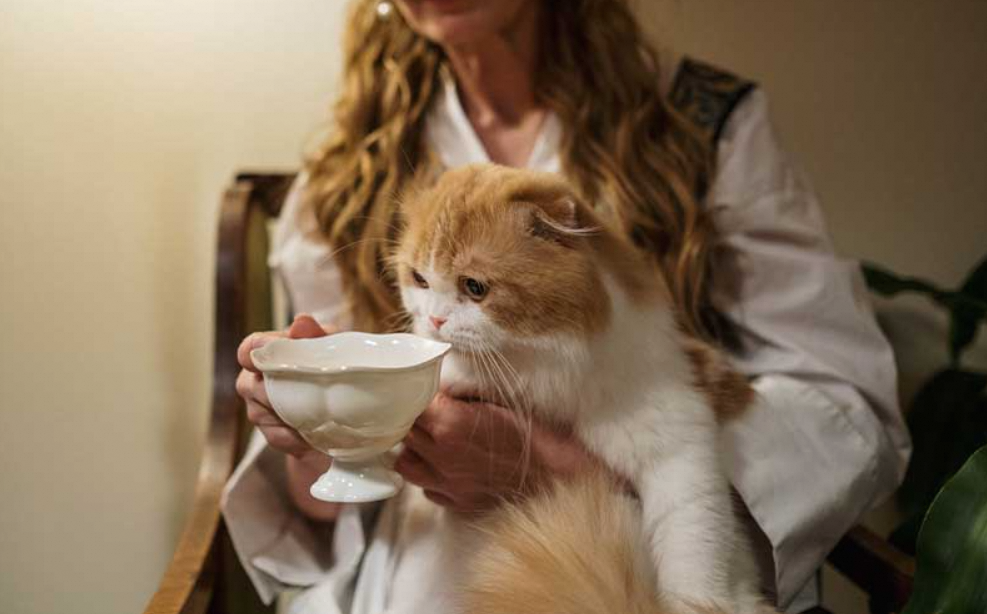
Protein is the cornerstone of a cat’s diet. It provides the building blocks for muscle development, supports a healthy immune system, and is necessary for overall growth. Cats require a higher protein intake than many other animals because their bodies use protein as a primary energy source.Fats are another critical component of a cat’s diet, providing energy and aiding in the absorption of fat-soluble vitamins (A, D, E, and K). Essential fatty acids, such as omega-3 and omega-6, are important for maintaining a healthy coat and skin, as well as proper brain function.
Taurine is one of the essential amino acids that cats need to obtain from their diet. Unlike some animals, cats cannot synthesize taurine in their bodies. A deficiency in taurine can lead to serious health issues, such as heart disease and vision problems.This is crucial for their digestion and it cannot be found in plant-based products. Consequently, cats have different digestive systems compared to humans, and their reaction to non-meat products, like almond milk, can vary.
Can Cats Have Almond Milk?
When it comes to almond milk and cats, it’s essential to understand that what may be a healthy choice for humans isn’t always suitable for our feline friends. Almond milk has gained popularity as a dairy-free alternative for people, but it presents specific considerations when thinking about sharing it with a cat.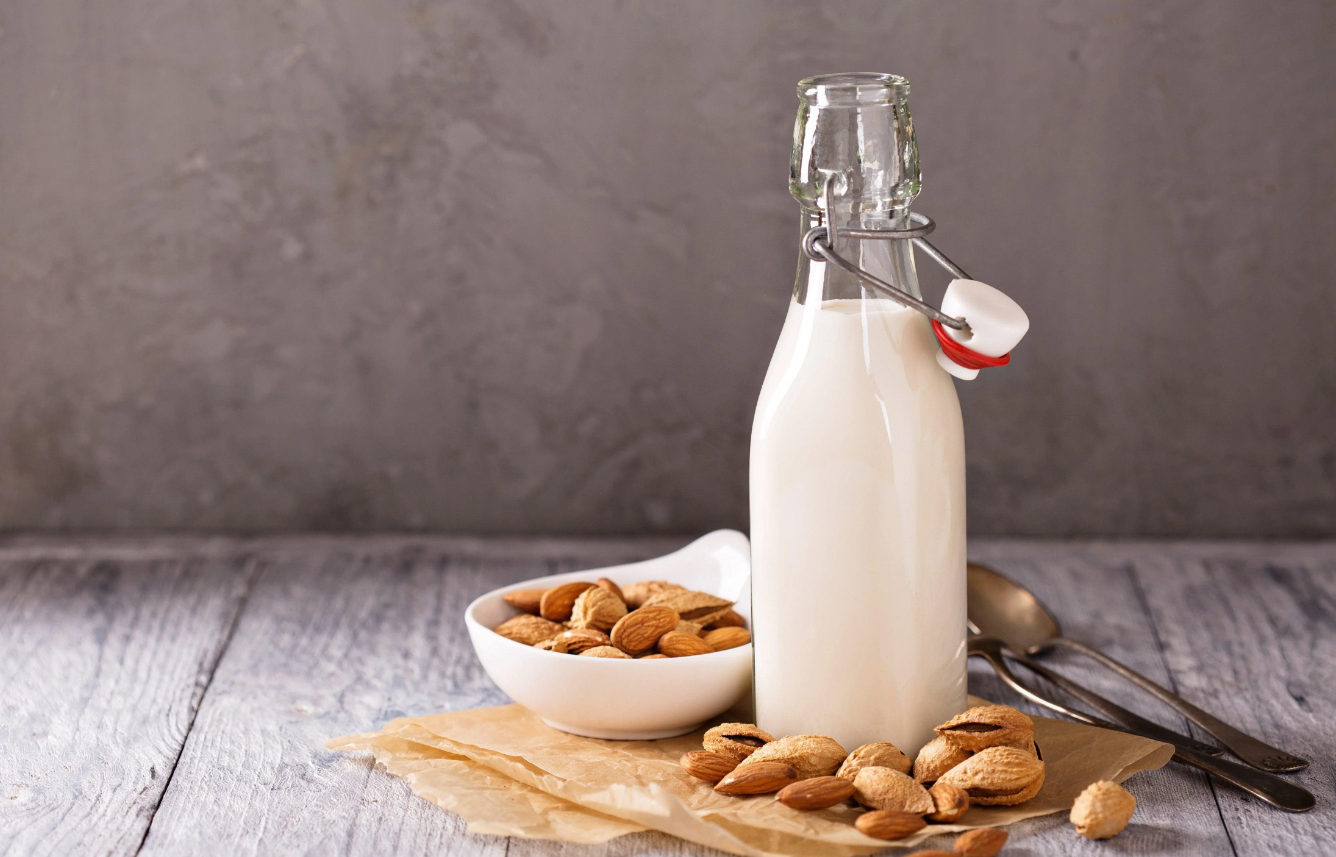
Firstly, while almonds themselves are not toxic to cats, they are also not a natural part of a cat’s diet. Cats’ digestive systems are not designed to process nuts or nut products efficiently, which can lead to digestive upset. The high oil and fat content in almonds can cause gastrointestinal distress, such as diarrhea or vomiting, if ingested by a cat.
Secondly, commercially available almond milk often contains additional ingredients that are not safe for cats. These can include sugar, artificial sweeteners like xylitol (which is toxic to cats), chocolate, and other flavorings or preservatives. Cats do not need these additives in their diets, and some can be quite harmful.
Moreover, almond milk lacks the nutrients that cats require for good health. It is deficient in protein, taurine, and other vitamins and minerals that cats must consume for optimal health. Even unsweetened almond milk does not provide any dietary benefits to a cat and can contribute to nutritional imbalances if offered in place of a proper diet.
Potential Risks For Cats
Cats that consume almond milk may face several risks. While almonds are not toxic to cats, they are not necessarily safe either. The nuts used to create almond milk contain traces of oils and fats that can lead to gastrointestinal issues in cats, including diarrhea and vomiting. Additionally, most commercial almond milks contain additives like sugar, artificial sweeteners (such as xylitol), and preservatives, which can be harmful to cats.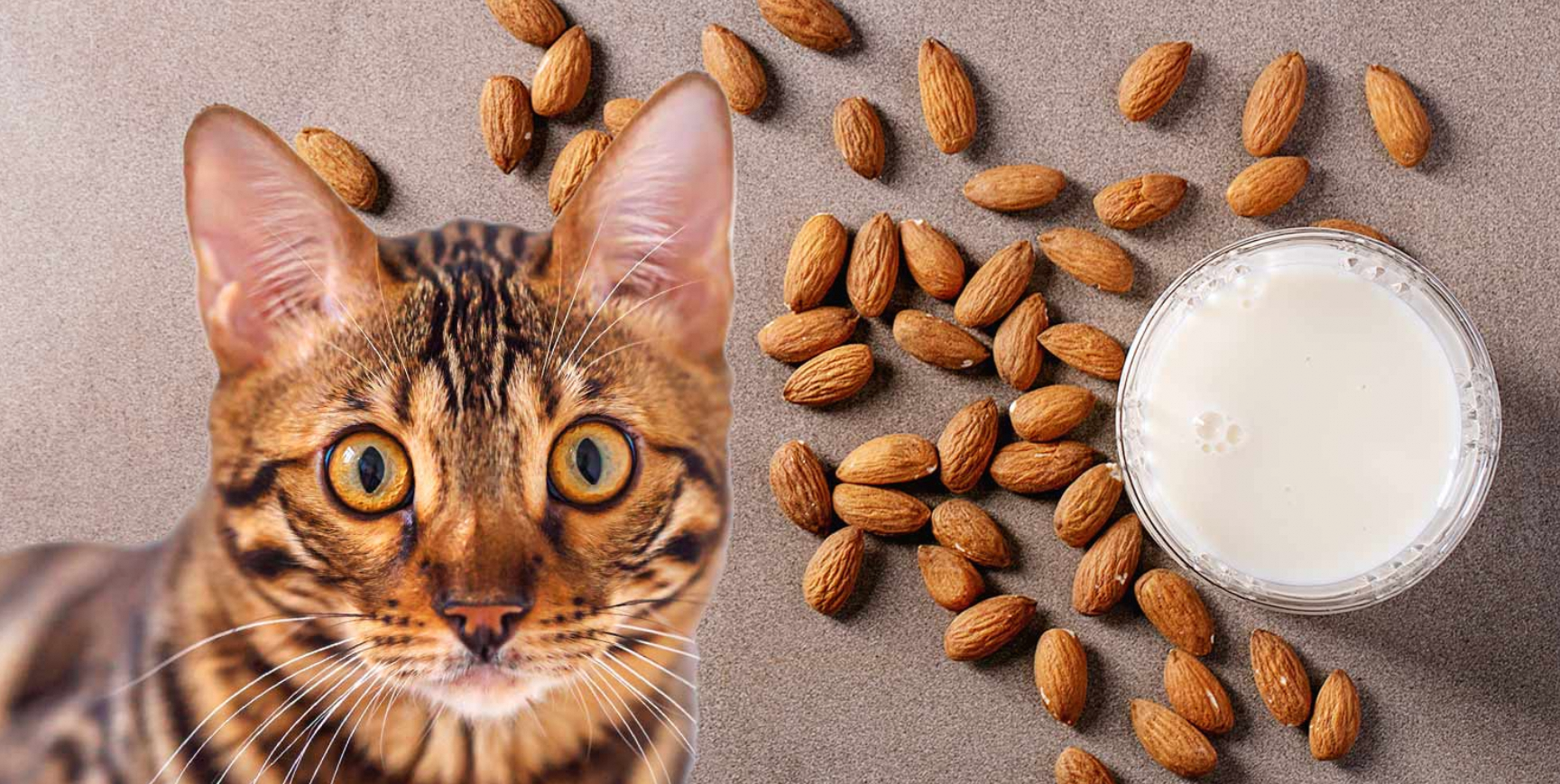
Some almond milk is sweetened with xylitol, which is highly toxic to cats and dogs even in small amounts. Moreover, almond milk has a high-calorie count, contributing to obesity in cats if given in large quantities. Always check the label for ingredients like xylitol when considering sharing any human food or drink with your pet.
Almond Milk Alternatives Recommend For You
For cat owners seeking milk alternatives that are safe for feline consumption, there are several options available:
- Specially Formulated Cat Milk: There are various commercial cat milk products that are specifically designed to cater to a cat’s dietary needs. These products are lactose-free and contain added taurine and other essential nutrients. They provide the creamy texture and taste that cats often enjoy without the negative side effects of regular or almond milk.
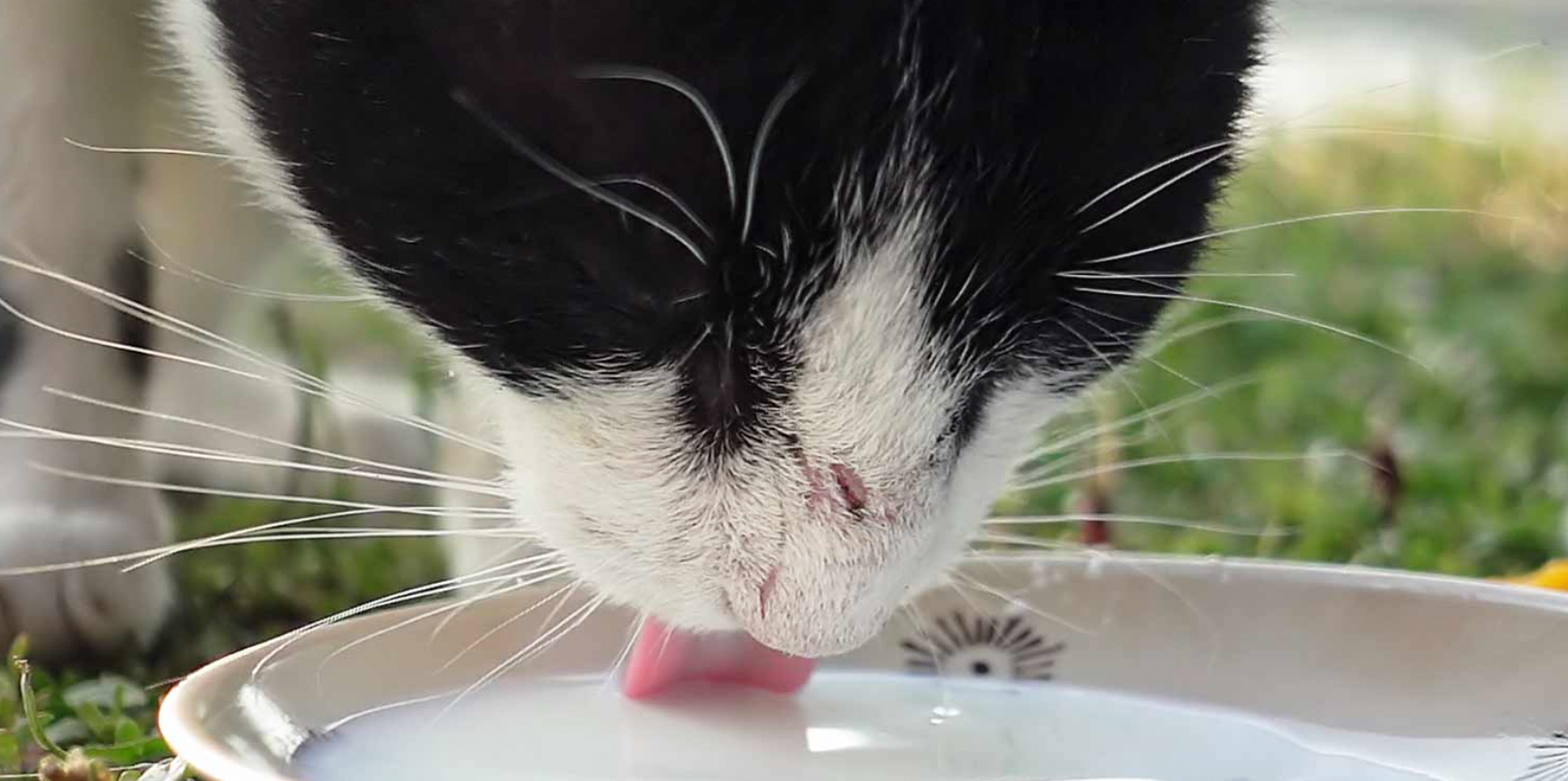
- Lactose-Free Cow Milk: Some cats can tolerate lactose-free cow’s milk in small amounts. This option might be convenient for pet owners who already use lactose-free products. However, as cats do not require milk in their diet, it should only be given as an occasional treat and not a regular part of their meals.
- Goat Milk: In some cases, goat’s milk can be easier for cats to digest due to lower levels of lactose. However, it should be given sparingly and only as a treat, not as a meal replacement or supplement.
- DIY Cat Milk: You can also make a homemade milk treat for your cat by blending cat-friendly ingredients. One example recipe might include blending lactose-free milk with cooked pumpkin for added fiber, and a small amount of taurine powder for nutritional value. Always consult with a veterinarian before adding supplements to ensure correct dosing.
- Water: Ultimately, clean and fresh water remains the best and most important drink for cats. Ensure your cat has constant access to water, and keep the bowl clean to encourage them to stay hydrated.
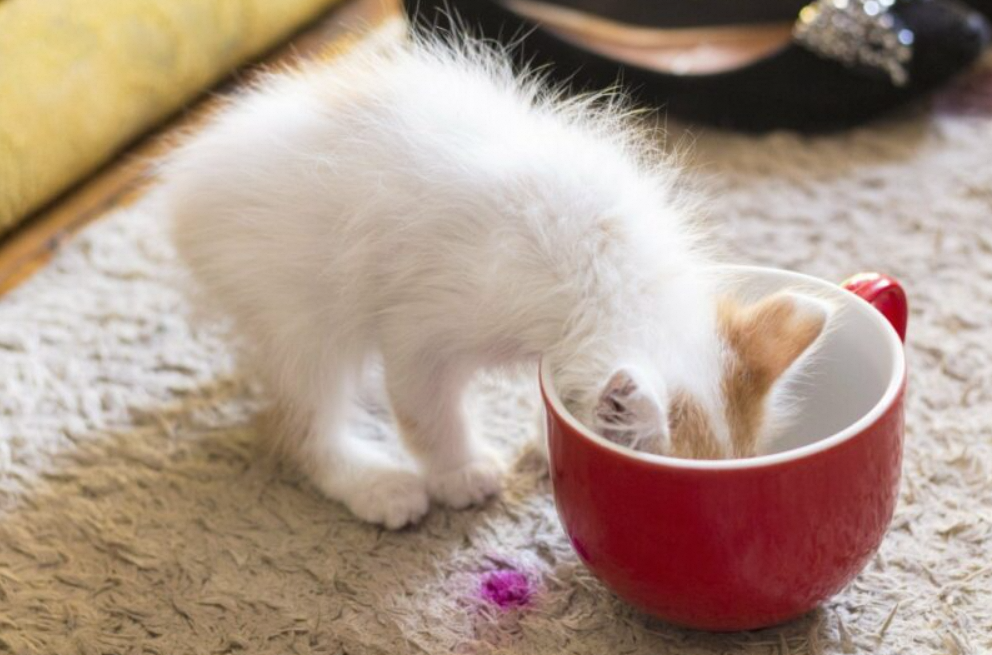
Before introducing any new food or drink into your cat’s diet, it is essential to consult with your veterinarian. They can provide personalized advice based on your cat’s health, dietary needs, and potential allergies. Remember that treats should not make up more than 10% of a cat’s daily calorie intake, and water should always be readily available.
Final Thoughts
While it can be tempting to share our favorite plant-based beverages with our pets, it’s important to remember that what’s good for humans isn’t always suitable for cats. Almond milk, while not toxic, doesn’t align with a cat’s dietary needs and can present potential health risks. Always prioritize water as your cat’s primary liquid intake and consult with your veterinarian before introducing new foods or drinks into your cat’s diet. By doing so, you can ensure your feline friend enjoys a long, healthy, and happy life.
